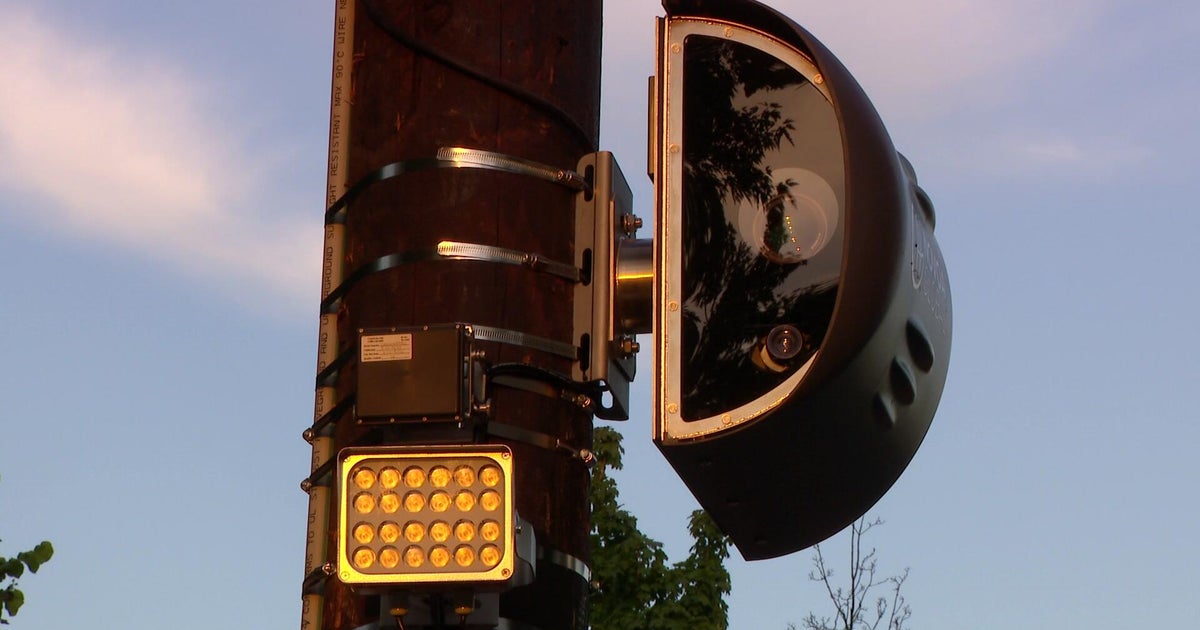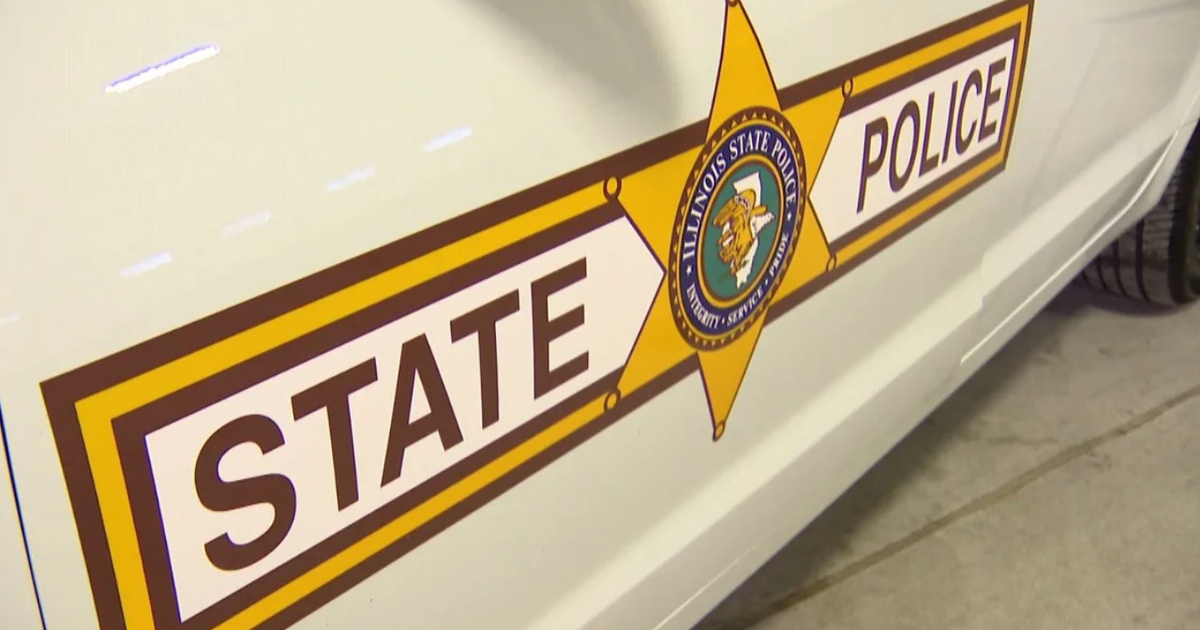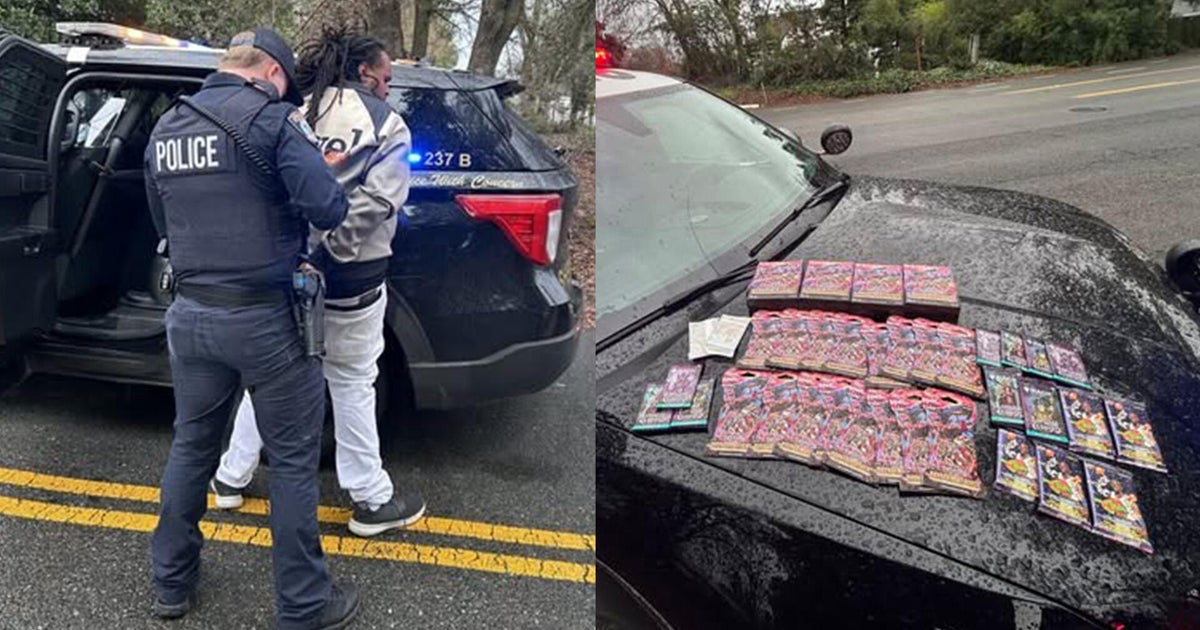Study Says Recovering Economy Means More Traffic
HOUSTON (AP) - Just as Americans started worrying a little less about jobs and money, they got something new to fret about: More traffic.
An annual study done by the Texas Transportation Institute at Texas A&M University found that traffic was better than it had been in a decade during the height of the recession. But roads snarled once again as people returned to work and shopping.
Using real-time data to calculate commuter mileage, speed and distance traveled over time, the institute estimated traffic tie-ups cost about $115 billion in 2009. The study released Thursday cites factors such as wasted fuel, lost work hours and delays in shipping goods.
Commuters in Chicago and Washington suffered the most, losing 70 hours a year to traffic delays. Nationally, the average commuter wasted 34 hours in traffic in 2009 -- up from 14 hours in 1982, the first year for which researchers have records.
The good news, researchers say, is that traffic also is a sign of prosperity.
"The tie between the economy and congestion is not unexpected," said Tim Lomax, a research engineer with the institute.
Researchers have seen similar regional declines in the past. For example, Lomax said when oil prices plummeted in the 1980s, Dallas and Houston got much-needed relief from traffic as people lost their jobs and stayed home. A similar phenomenon was tracked in California when the high-tech bubble burst in the 1990s, he added. Until now, however, the researchers -- who released their first study in 1984 -- have not had such a large national recession to track.
"What we've seen on the regional level is mirrored in these numbers on the national level," Lomax said.
Also like the economy, traffic still is not at pre-recession levels.
The study found that in 2007, the nation wasted 5.2 billion hours in traffic. A year later, when the recession peaked, the number plummeted to 4.6 billion hours. As the economy slowly recovered in 2009, the number climbed to 4.8 billion hours lost to traffic delays.
"Congestion will rise faster than the economy because that's what's happened all the other times," Lomax said.
Traffic, however, also can be costly. The study found gridlock cost the average commuter $808 in 2009 -- up from an inflation-adjusted $351 in 1982. In 2009, Americans wasted more than 3.9 billion gallons of gas in road blockages -- equal to 130 days of flow in the Alaska pipeline.
Still, public transportation has helped keep the numbers down, the study found. It noted that without buses and trains, commuters would have lost an additional 785 million hours waiting on clogged roads.
(© Copyright 2011 The Associated Press. All Rights Reserved. This material may not be published, broadcast, rewritten or redistributed.)







